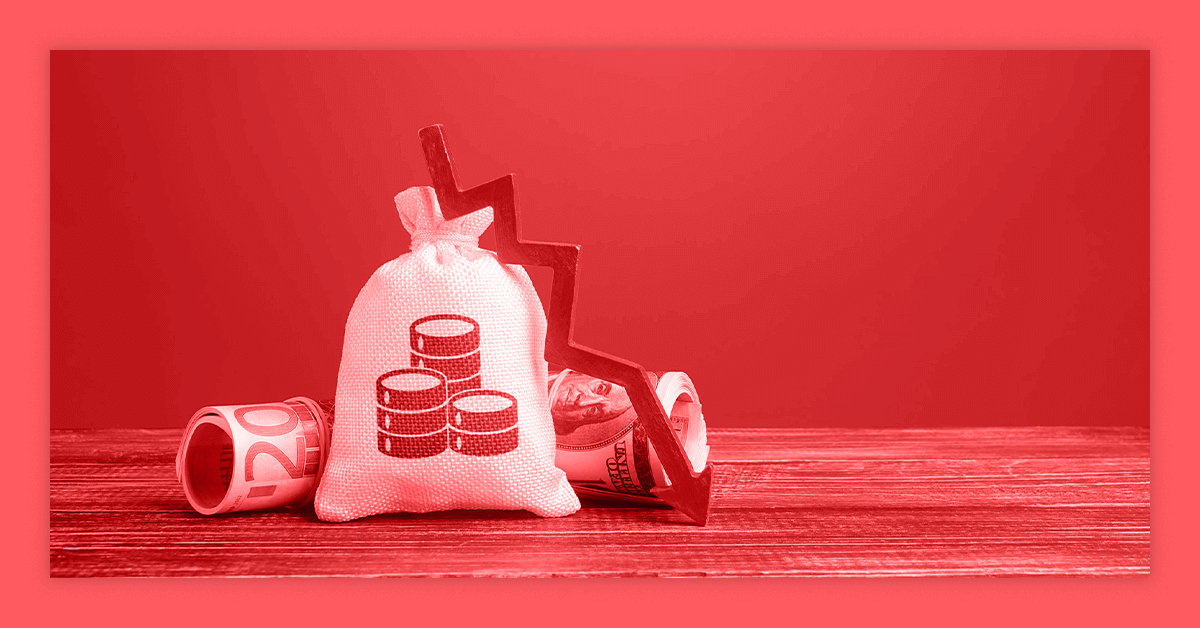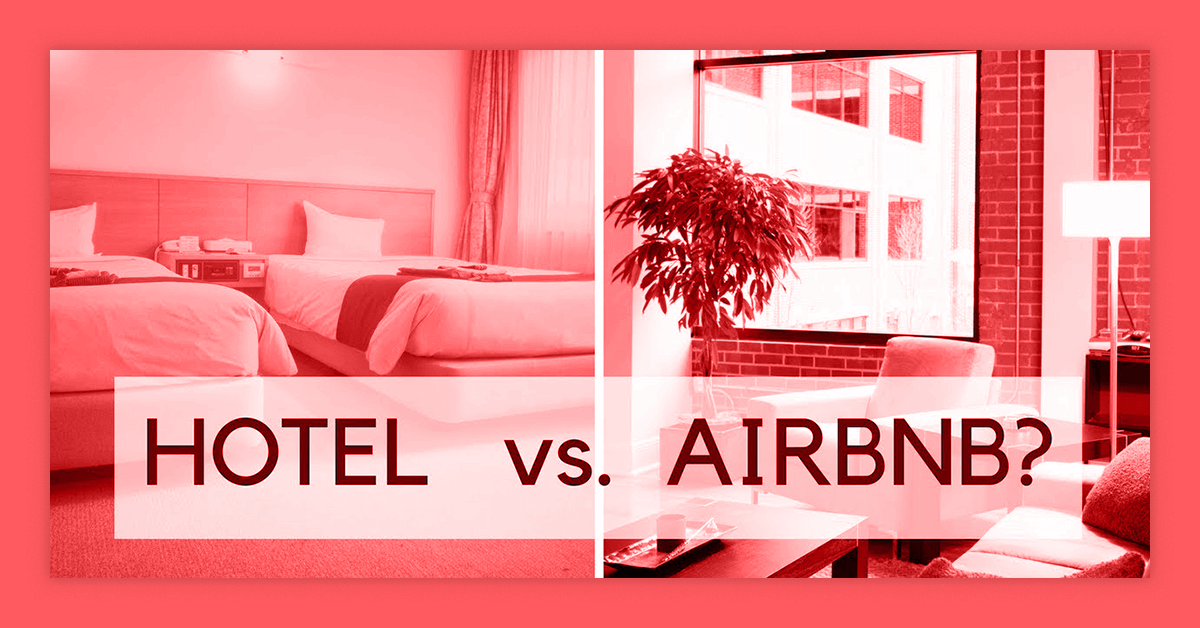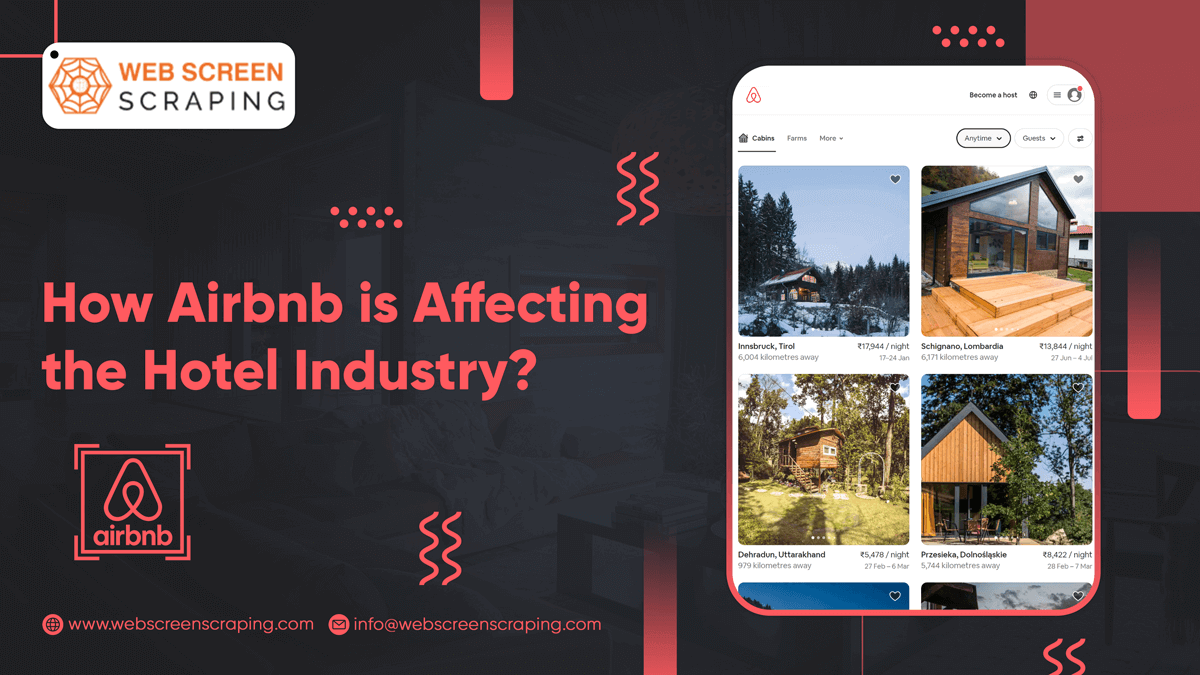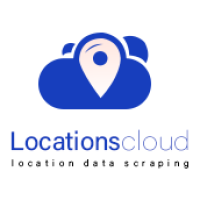Airbnb, a service provider of traveling accommodation as well as a forerunner in the sharing economy, has helped more than 30 million guests even since its inception in 2008. Though Airbnb is a private venture, its evaluation of more than $10 billion has exceeded the well-established worldwide hotel chains including Hyatt. Yet mandatory firms, in spite of both facing greater marginal costs as well as providing lesser custom-made products than peer-to-peer stages, have mainly restrained competition from stages like Airbnb.
AirBnb has rapidly become a danger to hotels because travelers opt to book independent hosts using the website instead of booking traditional hotels. Whereas every manager is well aware of the stiff competition Airbnb provides, do you recognize the computable effect this vacation rental website has on travel industry on the whole? Recently, the Hotel Association commissioned a report by HVS Consulting & Valuation on the impact of AirBnb on hotel and hospitality industry.
The Estimated Revenue Loss and Its Effects

According to the AirBnb industry analysis done by HVS Global Hospitality Services, the hotels have lost about $450 million in direct revenue every year to AirBnb. From September 2014 to August 2015, about 480,000 hotel room nights got reserved while more than 2.8 million room nights booked using Airbnb. Evidently, this vacation rental website has reduced the demands for customary hotel rooms. In addition, a lot of hotel employees have lost their jobs due to these declining demands. AirBnbs are lesser labor concentrated than hotels as they do not need similar level of services. More than 2,800 jobs are straight away lost to Airbnb, with loss of more than $200 million in salary for the hotel employees. So, overall, more than $108 million lost in food & beverages revenues just because the travelers have booked using Airbnb!
Lastly and as Airbnb base is situated in the U.S., Airbnb rentals drop under various tax and law guidelines than hotels. For example, in the New York City, the losses in hotel room night costs local, state-wise and federal governments reached $226 million per year! The total effects of Airbnb on hotel industry as well as government in the NYC is around $2.1 billion yearly. As Airbnb is constantly growing at a quick pace, the losses would only increase.
AirBnb vs. Hotel Industry

According to STR Inc., an average rate waged for the Airbnb unit was $148.42 that is 25% higher than an average hotel rate ($119.11).
One more report by CBRE Hotels accumulated choose data for hundreds of U.S. markets for assessing the relevancy of the sharing platform to a customary hotel industry. Using this data, the company has established an Airbnb Competition Index, which incorporates the comparison of ADR (AirBnb’s Average Daily Room rate) to conventional hotel ADR’s; the measure of active Airbnb inventories in the market to supply of customary hotels, as well as complete growth of real Airbnb market supply into the measure of future competition. New York was recognized as the leading local market at risks from the development of Airbnb, having an Airbnb Competition Index of 81.4, trailed by San Francisco, Miami, Oakland, as well as Oahu respectively.
Through comparing the hotel revenue for every accessible room to total active Airbnb units in any particular locations, it looks that hosts react to the market incentives like a higher rental rate for room as well as surplus demand. The occurrence of these aspects causes additional Airbnb units to come in the market.
How Scraping Airbnb Data Can Help the Hotel Industry?
Web scraping has many advantages to offer for hotel business. Web scraping services or data crawling are reasonable, super valuable, and easy-to-implement. One option is outsourcing scraping work for any third-party businesses. By getting updated and high-quality data, the marketers might spend time more efficiently to do data analysis.
Airbnb data scraping takes advantage of limited but extremely important resources, which are time, money, and team. It helps in scraping online unstructured data as well as transform it into well-structured data. After that, the data is provided in a format that is easily explicable. Also, it helps in having insights of how to raise hotel marketing and generate actionable leads. Utilize Airbnb data scraping services from Web Screen Scraping to convert raw data into actionable data to become successful as well as stay competitive!
Conclusion
Airbnb provides a much broader range of services and products than hotels. Airbnb users could rent anything like an apartment or a yurt. More significantly, as Airbnb leverages current housing inventory, this can possibly expand supply where apartment buildings and houses already exist. It is contrary to hotels that have to be built at the locations as per local zone requirements. So, competition with Airbnb is possibly harder for appointees to adjust compared to the competition given by hotel firms.
From consumers’ viewpoint, we demonstrate that hotels in the areas where Airbnb has a recognized occurrence have reacted to increased competition through lowering the prices that damages their revenue, however, benefits the travelers even those that do not utilize Airbnb. Along with reduced prices, customers also advantage from better variety given using peer-to-peer platforms. Moreover, consumers on a supply side advantage through extra income produced by offering services and goods through peer-to-peer platforms.





Article comments